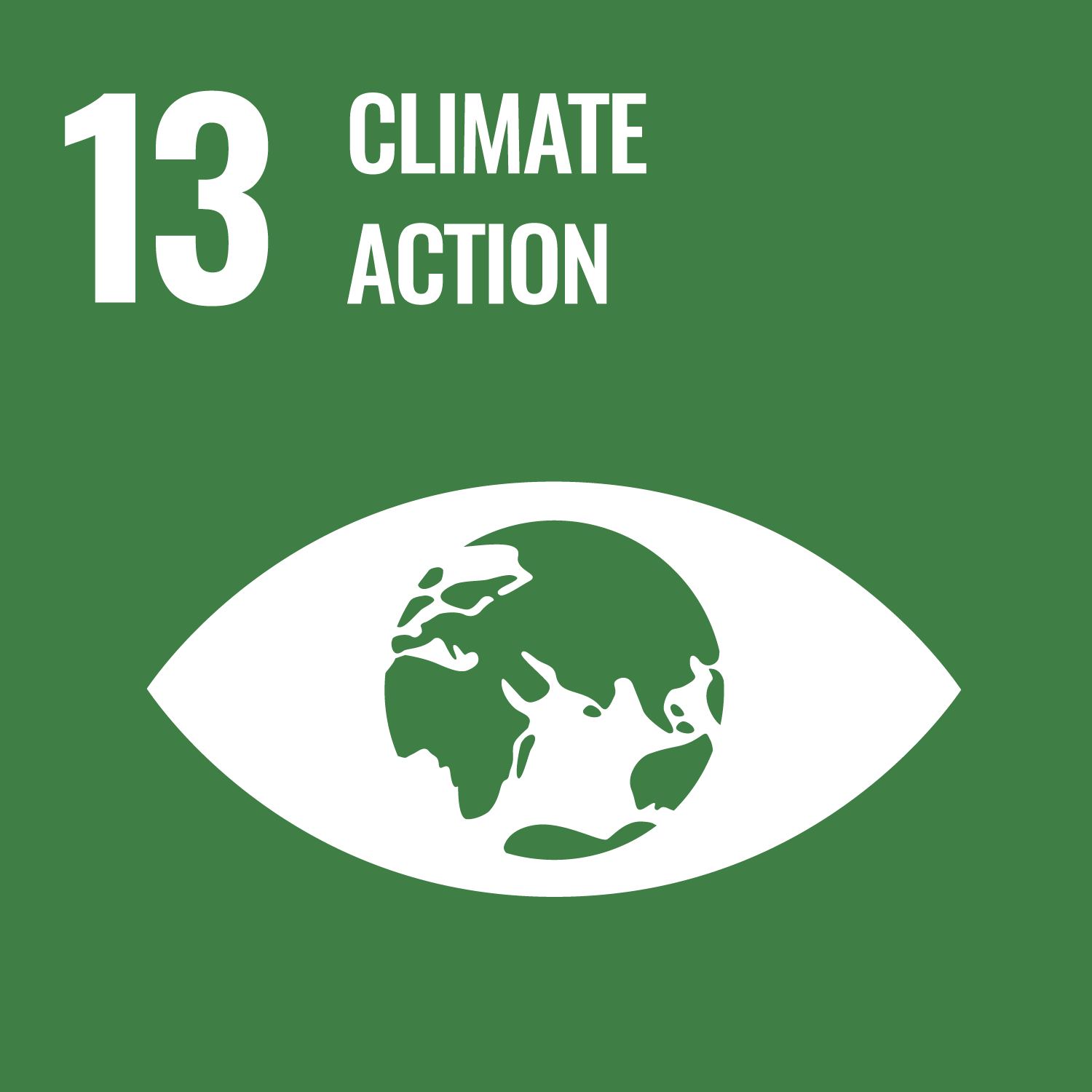ORCID
- Nieves Valiente: 0000-0003-1716-0767
- Christopher Stokes: 0000-0003-0684-7790
- Tim Poate: 0000-0002-4285-3066
Abstract
Predicting coastal wave overtopping is a significant challenge, exacerbated by climate change, increasing the frequency of severe flooding and rising sea levels. Digital twin technologies, which utilise artificial intelligence to mimic coastal processes and dynamics, may offer new opportunities to predict coastal wave overtopping and flooding reliably and computationally efficiently. This study investigates the effectiveness of training various artificial intelligence models using wave buoy, meteorological, and recorded coastal wave overtopping observations to predict the occurrence and frequency of overtopping at 10-minute intervals. These models have the potential for future large-scale global applications in estimating wave overtopping and flood forecasting, particularly in response to climate warming. The model types selected include machine-learning random forests, extreme gradient boosting, support vector machines, and deep-learning neural networks. These models were trained and tested using recorded observational overtopping events, to estimate wave overtopping and flood forecasting in Dawlish and Penzance (Southwest England). The random forests performed exceptionally well by accurately and precisely estimating coastal wave overtopping and non-overtopping 97 % of the time within both locations, outperforming the other models. Moreover, the random forest model outperforms existing process-based and EurOtop-based models. This research has profound implications for increasing preparedness and resilience to future coastal wave overtopping and flooding events by using these random forest models to predict overtopping and flood forecasting on wider global and climate scales. These trained random forests are significantly less computationally demanding than existing process-based models and can incorporate the important effect of wind on overtopping, which was neglected in existing empirical approaches.
DOI Link
Publication Date
2025-04-01
Publication Title
Ocean Modelling
Volume
194
Issue
1
ISSN
1463-5003
Acceptance Date
2025-02-06
Deposit Date
2025-03-18
Additional Links
Keywords
Artificial intelligence, Climate change, Digital twin, Flood forecasting, Random forests, Wave overtopping
Creative Commons License

This work is licensed under a Creative Commons Attribution 4.0 International License.
Recommended Citation
McGlade, M., Valiente, N., Brown, J., Stokes, C., & Poate, T. (2025) 'Investigating appropriate artificial intelligence approaches to reliably predict coastal wave overtopping and identify process contributions', Ocean Modelling, 194(1). Available at: 10.1016/j.ocemod.2025.102510


